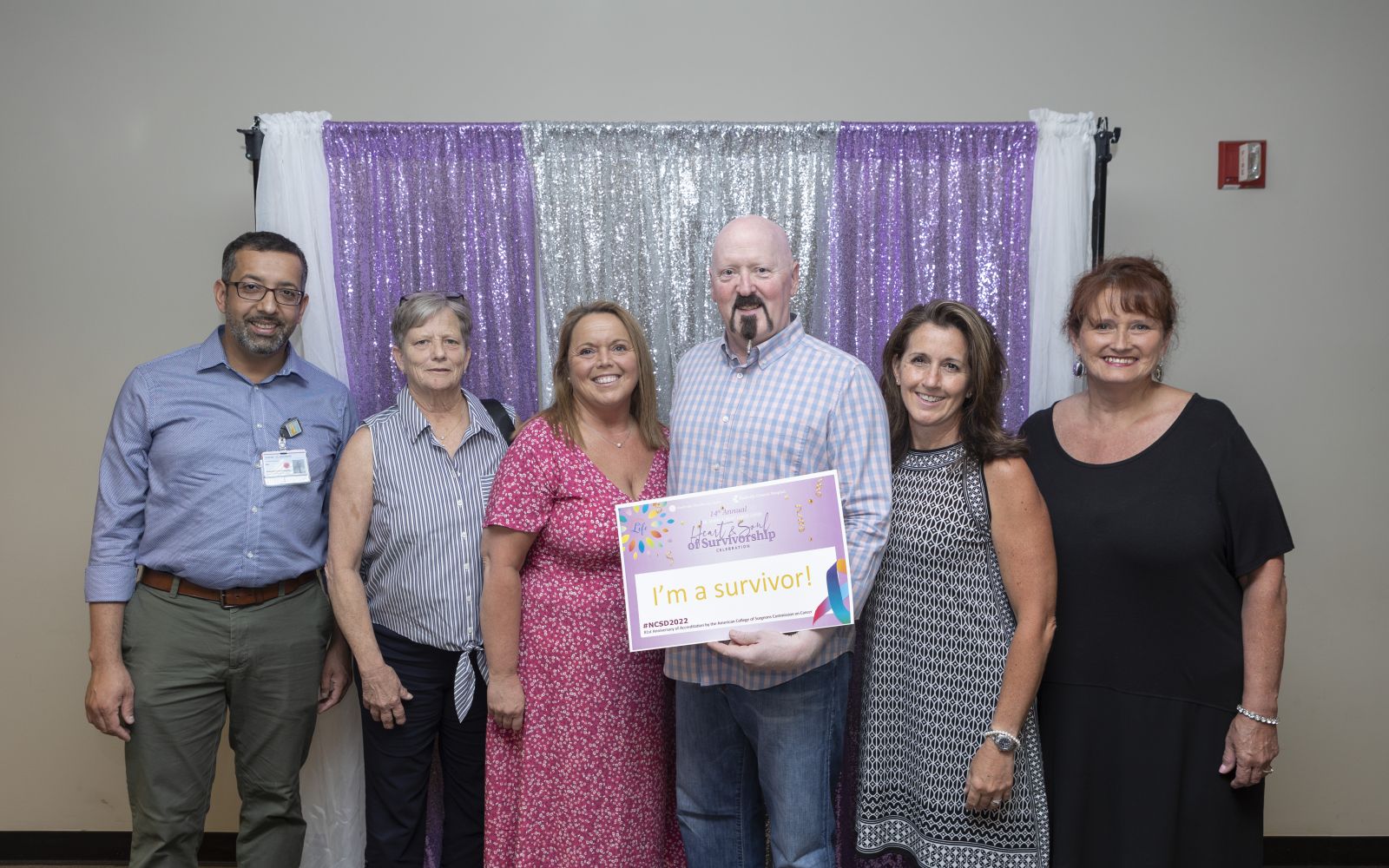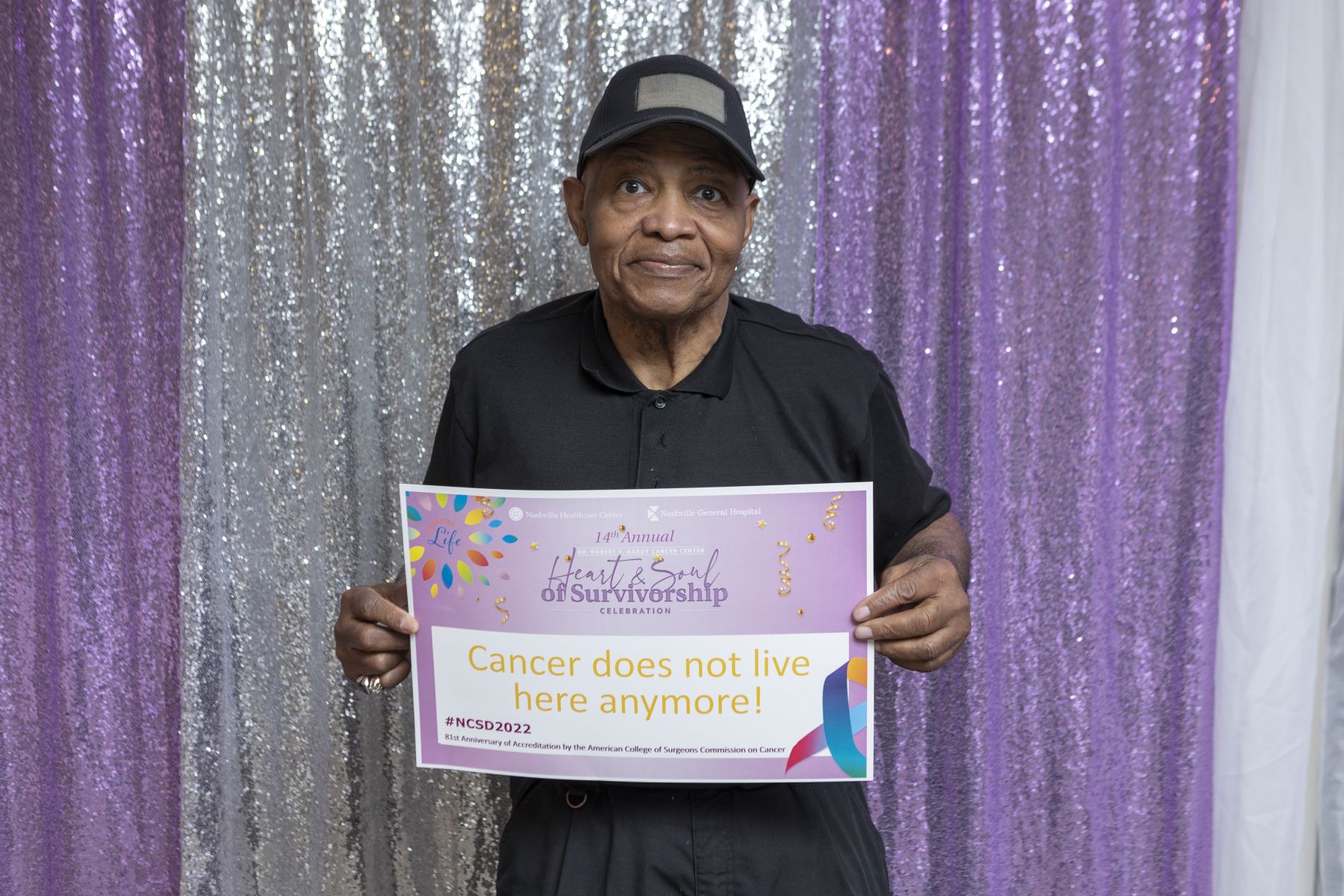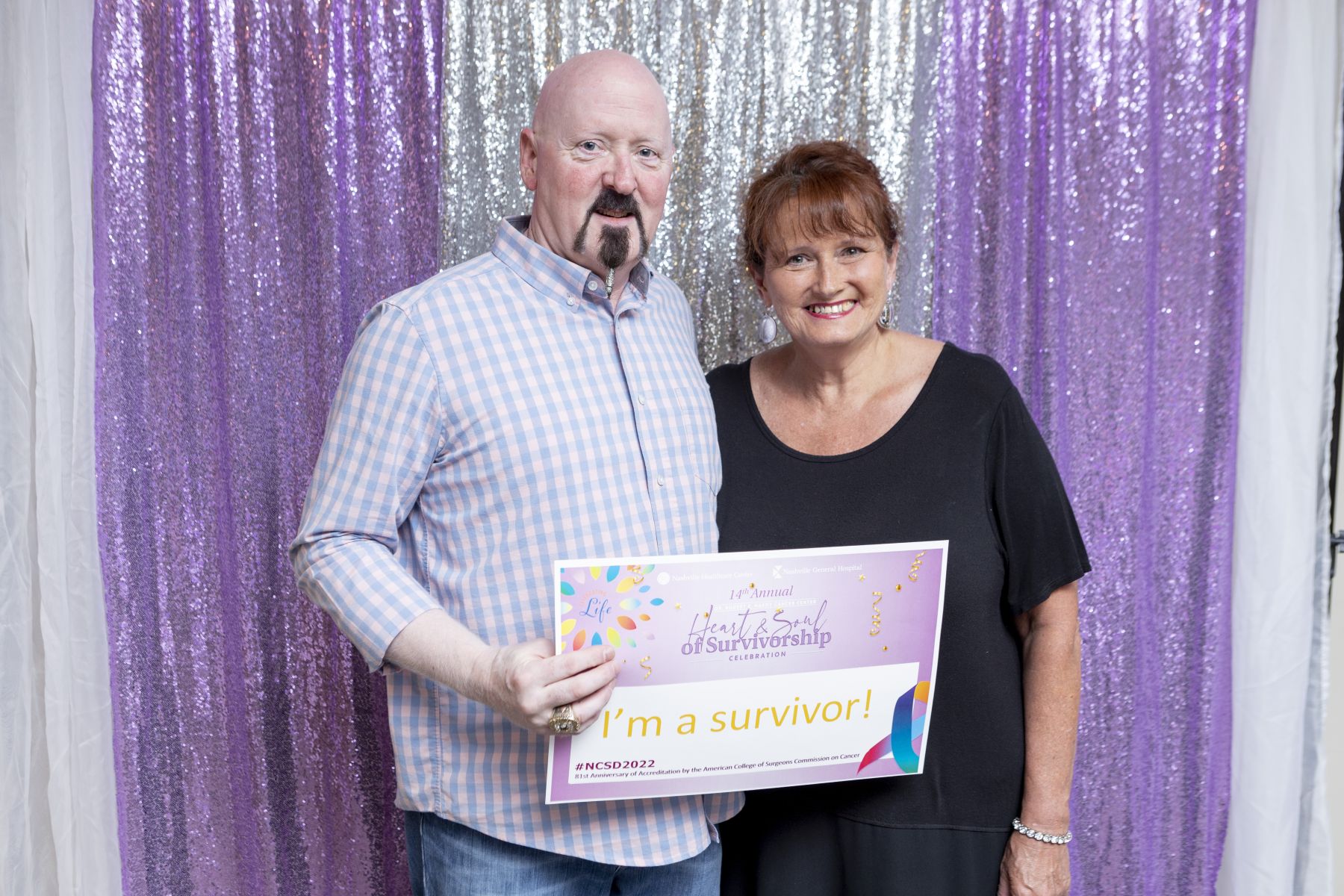Life as a cancer survivor.
The doctor says, “You have cancer.” It is at that moment that your journey as a cancer survivor begins.

Nearly 17 million people in the United States call themselves “cancer survivors”. Whether they were recently diagnosed, are actively getting chemotherapy or have completed their treatment, they are a survivor of a disease that causes the body’s cells to grow uncontrollably and spread to other parts of the body.
“A person becomes a cancer survivor the second they are diagnosed,” says Amine El Kadmiri, MD. “To help avoid feeling overwhelmed and helpless it’s important to understand the diagnosis and treatment. This includes talking with doctors, family and other survivors.”
Many people who are diagnosed with cancer will go on to live a productive and full life following treatment. According to data from the most recent surveys, 67% of survivors – 11.4 million people – have lived five or more years since diagnosis. It is projected that, over the next decade, the number of people who will live five or more years after their cancer diagnosis will increase approximately 33%, to 15.1 million.
To better understand cancer and your treatment options, talk with your health care team. They know you may be scared or confused and are trained to have these types of conversations. For reference, have them write down your diagnosis and treatment options. It is also very helpful to have a family member or friend go with you to listen, take notes and ask questions.
In addition to what you may be feeling, your family and friends could also be impacted. They may be worried, angry or afraid. Depending on the circumstances, they may feel helpless and at a loss for how to help. Some may treat you differently and others will find ways to be supportive. All of this is part of the process of adjusting to a new situation. You may want to continue to live independently and do things on your own, however there may be times when you need to ask for help. It is okay to let other people help care for you. Most likely, they want to help and will appreciate the opportunity to be supportive.
As you go through your treatment it helps to keep up with your daily routine. This includes, as you are able, going to work; physical activities; spending time with family and friends; and, participating in activities you enjoy. You will find comfort in doing things that are fun and familiar. There may be some days when you are tired and need to rest. That is expected and also okay.
Cancer can affect your physical health and your mental health. This is an emotional time that can be filled with intense feelings that may overwhelm you. These can include anger, fear, guilt, gratitude, hope or depression. These emotional swings are normal. Fortunately, there are ways to successfully manage these emotions that include counseling, sharing your feelings with loved ones and doing activities that you enjoy.
Once your cancer treatment concludes, you will find yourself adjusting to a “new normal”. You may be eager to return to life as it was before your diagnosis or ready for a fresh start and approach life with a different perspective. However you approach your new normal, give yourself time to adapt to changes and take things one day at a time.
To the best of your ability, take care of your mind and body. Focus on wellness by:
- Continuing to talk with your health care team about any concerns you have regarding life after treatment.
- Finding ways to manage stress through relaxation exercises and other physical activities.
- Joining a support group or sharing your feelings with your loved ones.
- Eating a healthy diet that supports your recovery and helps you maintain your strength.
- Giving your body the time it needs to fully heal.
Every survivor’s journey with cancer, including life after treatment, is different. Even though your experience is unique, you are not alone. As a survivor, you are one of millions of Americans who have traveled down the same path and are leading a vibrant and fulfilling life after cancer.


Learn more about the resources at the Dr. Robert. E Hardy Cancer Center located in Nashville General Hospital. In 2021, Nashville General’s Cancer Center earned a 3-year Full Accreditation from the Commission on Cancer for its comprehensive, high-quality and multidisciplinary patient-centered care.
Additional information about cancer and life after cancer can be found at the National Cancer Institute .
This information is not intended to be a substitute for professional medical advice. You should talk with your primary care physician or other qualified medical professionals regarding diagnosis and treatment of a health condition.
Sources:
cancer.gov, National Cancer Institute at the National Institutes of Health, June, 2022



